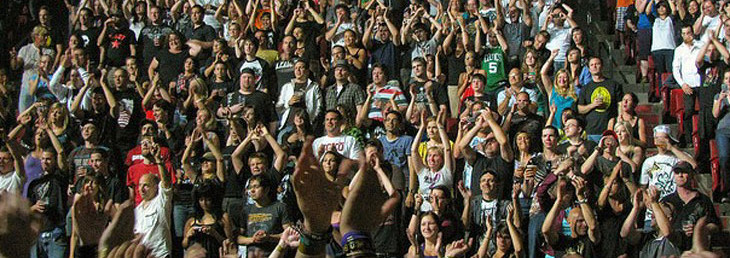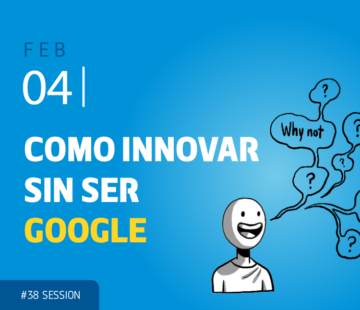Crowdsourcing is in a very good state of Health

Crowdsourcing initiatives are changing a traditional paradigm that considered solving problems were meant to be exclusively a task for specialists. Considering the kind of issues healthcare deals with, the idea of looking for solutions outside an area of expertise has been especially counterintuitive in this sector.
But an increasing number of cases are demonstrating that healthcare is now embracing co-innovation, seeking potential partners and fresh perspectives everywhere, looking for people able to look at things differently from those who have been in the field for a long time. Either for tackling the expansion of deadly diseases, streamlining drug discovery or finding the best way to manage a relationship with a hospital, crowdsourcing is now allowing healthcare specialists to tap into smart people to find answers they even didn’t know existed from places they never even looked at.
Tackling Ebola
The global response to Ebola threat hasn’t just come from governments and NGOs. It has also come from the crowd. Many crowdsourcing initiatives are helping to tackle Ebola. For example, volunteers used the Ushahidi crowdsourcing software to get reports on Ebola cases in Liberia to the country’s Ministry of Health. This detection process takes up to five days or more when done traditionally by government agents. Seeing where people is contracting Ebola and where they are treated allows a better deployment of supplies.
But perhaps the most noticeable crowdsourcing initiative to fight Ebola was ‘Fighting Ebola: A Grand Challenge for Development’, a joint project between the White House and the United States Agency for International Development (USAID). The program allowed innovators from around the world submit more than 1,500 ideas to help health workers provide better care responses to help contain the disease. After two months receiving new concepts and approaches, government experts and various partners chose a number of innovations. The winners received financial support and other help to get the innovations ready for testing and ultimately deployment.
Fighting Ebola: A Grand Challenge for Development
Streamlining Drug Discovery
As it is well known, bringing a new drug to market is a long and expensive process that traditionally involve testing thousands of compounds against potential disease mechanisms. Pharmaceutical company Merck enlisted the help of Kaggle, a predictive analytics crowdsourcing site, to find a quicker and more efficient method of identifying molecules that are effective against intended targets without side effects. With this aim, Merck and Kaggle created a crowdsourcing contest (The Merck Molecular Activity Challenge) to find the best statistical techniques for predicting the biological activities of molecules of interest.
Merck released 15 data sets on chemical compounds it had previously tested, and invited participants to identify those that held the most promise for future testing. The contest ran for 60 days and attracted more than 2,000 proposals from 238 teams. The winning solution didn’t come from a pharmaceutical industry professional, but a team lead by a computer scientist from the University of Toronto. They were awarded with $22,000 for a winning approach which used neural networks and deep learning algorithms used in machine learning techniques.
Merck Molecular Activity Challenge
Searching for new ideas for mobile apps in healthcare
With the amusing title of “Kiss My App”, this initiative organized by the William Osler Health System, a large community hospital in Ontario (Canada), had the serious aim of searching for new ideas for mobile apps that will make positive changes in healthcare. Proposed as a student only crowdsourcing contest, “Kiss my App” drew in 2013 a huge nationwide audience and a number of submission that was shortlisted to five finalist that moved forward to design, develop and test their innovative ideas. The winner concept was a hospital navigation tool called HosNav, currently in Apple iTunes, an app that makes going to the Osler Hospital a much less confusing experience.
The success of “Kiss My App” motivated Osler to launch another crowdsourcing initiative in 2014. This time the format was a 48-hour hackathon that congregated to the hospital auditorium high school, undergrad and graduate students from all over Canada. Fourteen teams participated and the winner idea was Outpatient, an Android app that provides an interactive digital experience featuring reminders of medications and appointments as well as task list based on the hospital’s discharge plans.
